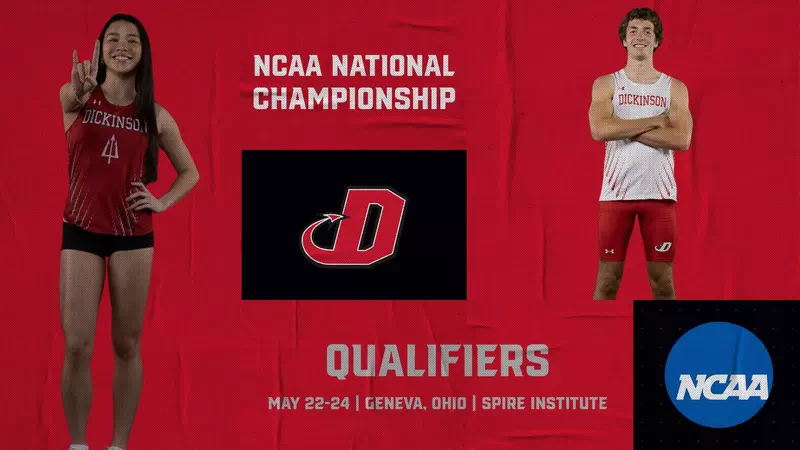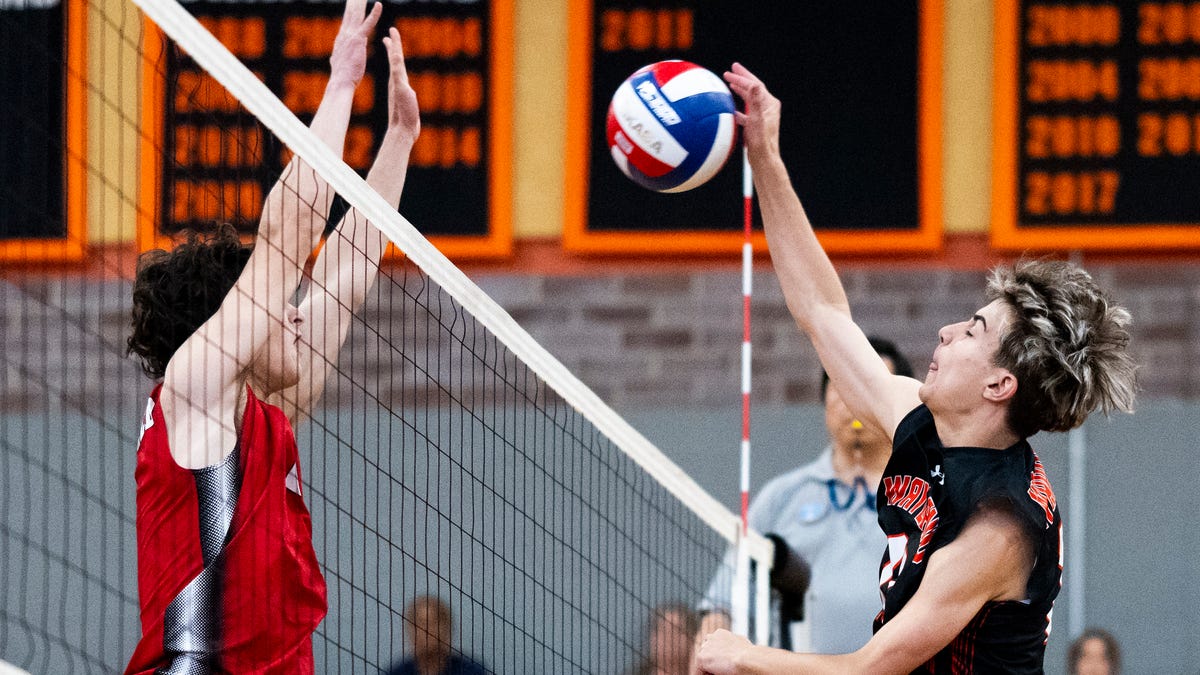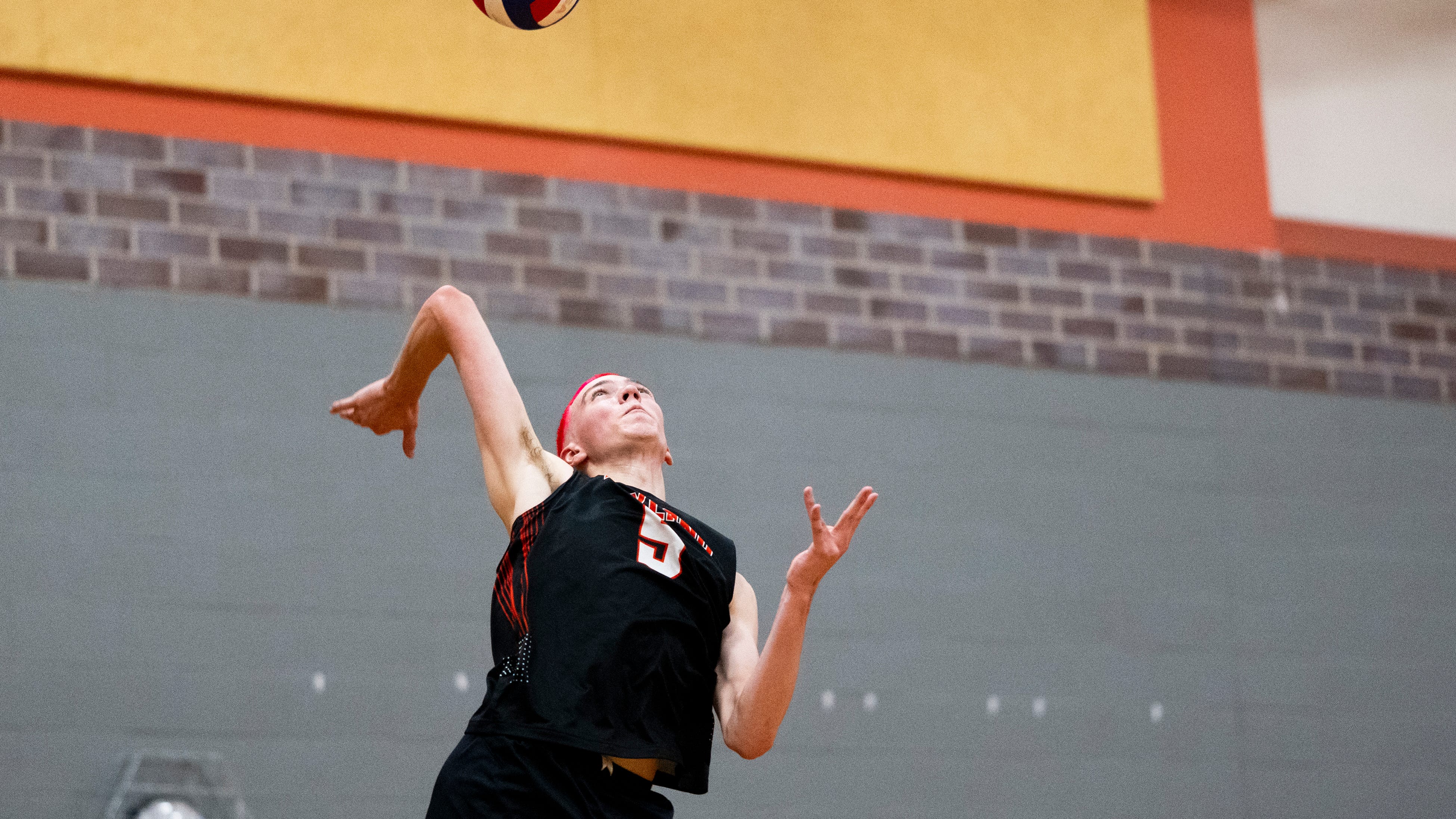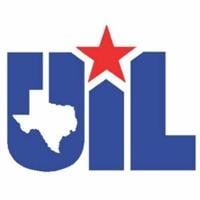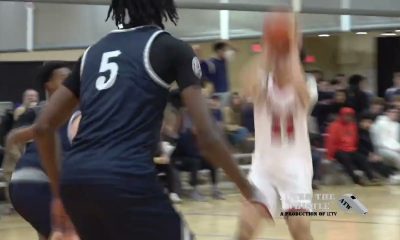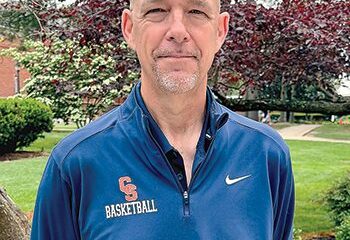“It looked like a bomb went off.”
That is how Jack Everett ’25 described driving through the aftermath of the Palisades Fire, overwhelmed at what he was seeing.
“Everything was gone,” he said about the blackened remains of cars and the crumbling chimneys marking what used to be homes. “It was surreal.”
Everett, who works as a lifeguard in Los Angeles County, had just started his final term as an environmental science major at Redlands when the Palisades Fire broke out. He was among the trained first responders in the county who received an emergency hire email.
“They were stretched so thin and needed support from all trained personnel,” he said. “It just so happened that my dad, Joe Everett, who works for the L.A. City Fire Department, was named incident commander.”
What followed was a weeks-long mobilization testing Everett’s resilience as he answered the call to serve. While fire fighters battled the blaze, Everett worked to manage logistics at base camp, including coordinating public donations for those effected by the growing devastation. Drawing on knowledge gained from majoring in environmental science and minoring in spatial studies, Everett quickly understood that what he was witnessing was not only a tragedy, but a climate-driven phenomenon.
“It was unusually hot for January, with high winds and relatively low humidity—a deadly combination for a big fire,” he said. “Even though fires can naturally occur and Southern California has a season for it, you have to account for wind topography, which I think is the biggest thing with fires. They move faster when going uphill, and the wind contributed to spreading the fire across the hills in the Santa Monica Mountains and the Palisades.”
With an understanding of the environmental impacts at play, Everett had to mentally prepare for the intensity of the situation. Drawing on his experience as an attacker on the Redlands’ water polo team helped him stay focused and ready to respond.
“I was working with other lifeguards—some I knew well and others not at all, so making sure we were on the same page about what we’re doing was like the common goal you have playing water polo,” he said. “You have to be strong mentally, stay calm, and have grace under pressure, all things my coach Ryan Hall emphasized.”
Throughout the experience, Everett found glimpses of hope. He visited the Pacific Palisades Fire Station where his uncle worked and watched firefighters from different stations come together to build a “Palisades Strong” sign. Another fortunate discovery came when Everett came upon the house his grandfather grew up in—the only one on the block not destroyed.
“Even though the house isn’t in the family anymore, it still holds sentimental value and seeing it still standing was incredible,” he said.
Reflecting on lessons learned at U of R and the destruction he witnessed during the fire, Everett is now exploring a future with L.A. County’s forestry unit.
“It’s a way to combine my environmental science and spatial background, with my first responder certifications, knowledge, and being of service,” he said. “With how big the topic of climate change has become, I think one of the more important things right now than environmental education—because this is where we live and our future depends on caring for it.”
Learn how Redlands prepares students to serve in critical moments—discover Environmental Science at Redlands.





